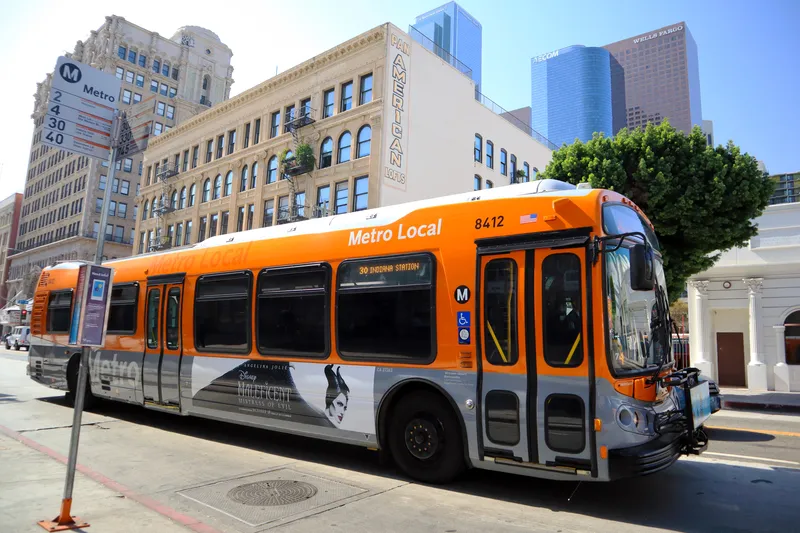
Polis, UITP and EMTA (European Metropolitan Transport Authorities) have outlined key principles in a joint statement to aid the development of European integrated ticketing regulation.
The three organisations recognise the digital integration of transport modes enabled by Mobility as a Service (MaaS) can support the European Commission's Green Deal.
However, they are now calling for a central role for public authorities in the governance of MaaS.
The partners say this will ensure digital solutions support, rather than undermine the key role of public transport as the backbone of urban mobility – and the rights of all citizens to affordable and accessible transport services are not diluted.
Suzanne Hoadley, senior manager & traffic efficiency coordinator at Polis, recognises that while MaaS may create new opportunities for users and operators, it could also lead to adverse effects, as “demonstrated by many other popular digital platforms”.
“Cities and their mobility systems are not playgrounds for digital businesses,” Hoadley continues.
“Effective and public-principled governance frameworks are needed to ensure all stakeholders benefit from MaaS.”
The organisations advise that effective governance is essential to unite economic and sustainability objectives.
They also emphasise the importance of identifying equitable fare structure and placing users at the centre of concerns in the calls for improved customer services.
To ensure fairness, the statement asserts that any regulation or policy initiative must be applicable to all types of mobility operators and not be limited to public undertakings.
MaaS solutions also require upgrading physical infrastructures, often at significant cost to local authorities.
The statement therefore calls for financial support programmes to help cover the infrastructure investments and the principle of cost-sharing applied rigorously.
Thomas Geier, research and policy officer at EMTA, says digital services integrating the mobility system provide “great leverage” for more sustainable mobility.
However, he points out that sectors in which digitalisation is more advanced have shown that digital service markets are “not spared from considerable deficiencies”.
“Especially in mobility, due to the sectors immense physical impact, such deficiencies risk undermining societal goals, creating problematic outcomes in cities and regions – if not addressed accordingly,” Geier continues.
“Effective governance is needed that recognises such risks, steers investment towards meaningful service innovation and ensures transport authorities have the powers and tools to align market outcomes with their sustainable mobility goals.”









